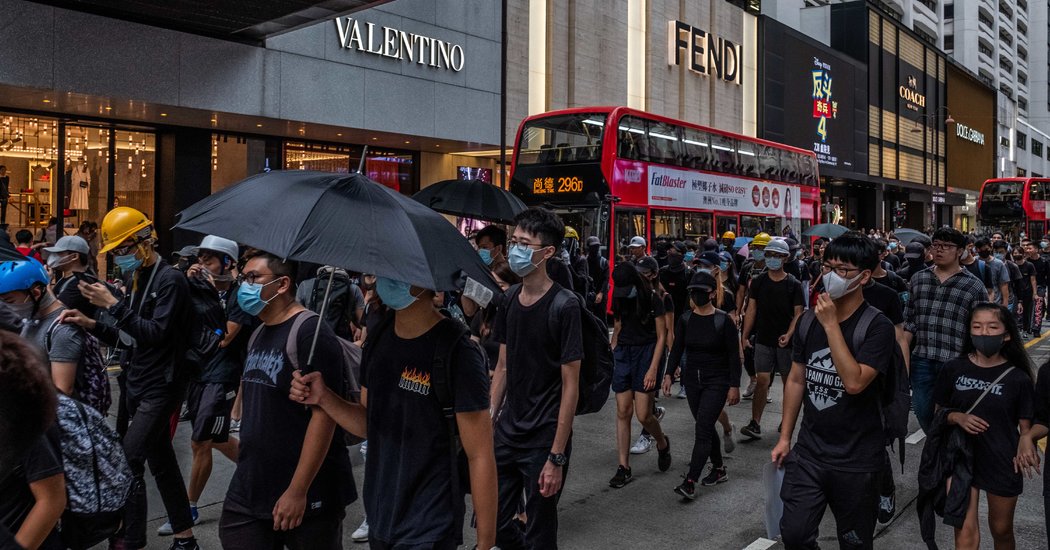Advertising
For years, businesses in Hong Kong have been able to thrive while staying out of politics. But under China’s current leader, XI Jinping, the Communist party has amassed more power and invaded other parts of Chinese life, including business. He has also taken an increased interest in Hong Kong Affairs since the 2014 protests, known as Occupy Central, which also challenged China’s policy towards the territory.
On the other hand, companies risk going too far in appeasing China. When actress Liu Yifei last week publicly backed Hong Kong police, protesters called for a boycott of “Mulan,” a live-action Disney film to be released next year in which she will play the title character.
Last week, property tycoon Peter Wu, former Chairman of real estate company Wheelock and its subsidiary Wharf Holdings, criticized the protests, which turned violent. His comments came after Hu Xijin, editor-in-chief of the Global Times, attacked one of Mr Wu’s shopping centres for “kowtowing” to protesters, allowing them to remove a Chinese flag from a flagpole and throw it into the sea. Mr Hu also criticised the shopping centre for banning police to avoid the kind of clashes that have taken place in other shopping centres.
The pressure on the big four accounting firms also shows how global companies can be targeted.
“For any of these organizations, it is necessary for them, within the law, to restrict or require their employees not to touch the bottom line of the law,” said Wang Jun, chief economist at Zhongyuan Bank, a commercial Bank based in Central China. “I think it’s very important.”

Be the first to comment on "China is putting pressure on business over Hong Kong. Workers are caught in the middle."